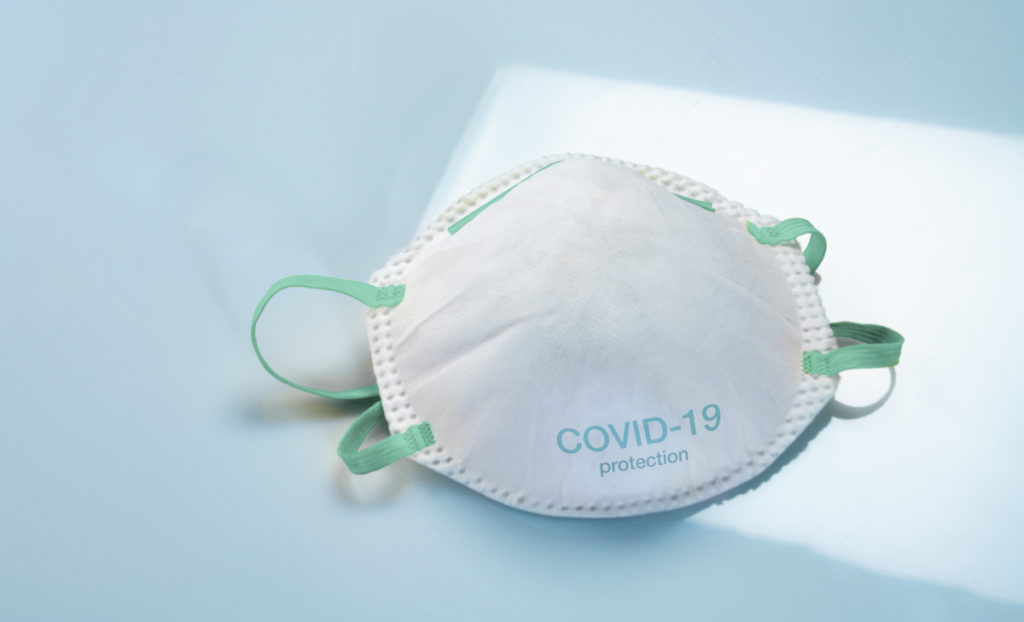
In the early days of the pandemic, amidst all the uncertainty, one thing was for sure: N95 masks – the personal protective respiratory devices that filter out viruses, bacteria, and wildfire smoke – were in short supply. So when materials scientists Jeff Urban and Peter Hosemann heard that a local HMO needed advice on N95 alternatives, they immediately knew what to do: Make a better mask.
“Fortuitously, Peter and I had just joined forces because we had each started working on similar ideas at the lab level,” said Urban, who directs the Inorganic Nanostructures Facility in the Molecular Foundry at the Department of Energy’s Lawrence Berkeley National Laboratory (Berkeley Lab). Urban and Hosemann were responding to a Berkeley Lab-wide call for research ideas in support of fighting COVID-19, which ultimately led to their receiving DOE support through the National Virtual Biotechnology Laboratory (NVBL), a consortium of DOE National laboratories with core capabilities relevant to the threats posed by COVID-19, and funded under the Coronavirus Aid, Relief, and Economic Security (CARES) Act. Berkeley Lab’s effort in this consortium is led by ABPDU Director Deepti Tanjore.
“It was very inspiring to see how national lab researchers can apply their expertise toward understanding pandemic-related problems, conceptualizing solutions, communicating with future Molecular Foundry users, and delivering prototypes, all within seven months,” said Tanjore.